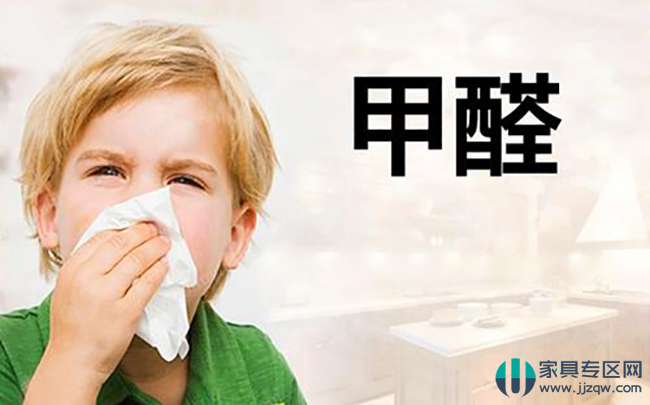When the new house is renovated, when is it suitable to stay? Many people think that the renovated house can only be occupied if it is vacant for one or two months. In fact, this is a misunderstanding. Yesterday, the Nanjing Municipal Quality Supervision Bureau released the indoor air quality test report of Nanjing residents: 200 newly renovated houses with random inspection, the indoor air quality pass rate was 64.5%; the indoor air quality in the higher temperature month was significantly lower than the lower temperature month. Indoor air quality. The quality inspectors reminded that the high temperature and high humidity in summer, the release of formaldehyde is large and the release speed is fast. If there are conditions, the newly renovated house is better to live in the summer. The indoor environmental pollutants detected in this test are mainly formaldehyde, benzene and TVOC (total volatile organic compounds). The households surveyed were distributed in various urban areas in Nanjing. A total of 200 households were sampled within 9 months. The overall pass rate was 64.5%, of which the average pass rate of formaldehyde was 74.5%, the average pass rate of benzene was 100%, and the average pass rate of TVOC was 83.5%. This test is mainly based on the renovation of new houses or the renovation of old houses, and the families who have not stayed within six months of completion. The number of households with unqualified items was 71, and 40 households with less than three months of renovation, accounting for 56.33% of households with unqualified items. Among them, the number of unqualified formaldehyde was 51, and the number of TVOC unqualified was 33. Households with high formaldehyde and TVOC content are mostly renovated for 1-2 months. It can be seen that within 3 months after the completion of the renovation, the concentration of indoor air pollutants is high, and the check-in time should be carefully selected. Need to be reminded that some residents did not allow the indoors to maintain good ventilation after the renovation was completed, which caused the released pollutants to accumulate indoors, causing the indoor pollutant concentration to exceed the standard. From this test, households with unqualified indoor air quality have problems such as short completion time and inappropriate selection of decoration materials. It is also worth noting that the decoration is too complicated. In order to pursue beautiful and complex interior decoration effects, some families use artificial boards, wallpapers, latex paints and complex furniture. When these products are tested separately, the amount of pollutants released may reach the standard, but they are densely placed in a certain area of ​​space, and the release amount of pollutants forms a superposition effect, resulting in excessive levels of pollutants in indoor air. How to minimize indoor air pollution? Quality inspection experts suggest that when selecting decoration materials, residents should try to choose a big brand, do not buy "three no" products, and should take the initiative to ask the business for a qualified test report or certificate of conformity. After the renovation, in addition to keeping the room ventilated, the public can also use natural plants such as green radish, rich bamboo, grapefruit skin, pineapple and tea to absorb indoor air pollutants. Need to be reminded that the use of plants to purify indoor air should be rotated regularly to ensure the adsorption effect. Experts emphasize that different indoor decorative materials, their volatile pollutants are a process of continuous superposition in the room, so complex decoration will lead to an increase in the total amount of pollutants, family decoration should advocate simple and generous, do not have to pursue complex renovation effects. Joystar Electrical Appliances Manufacturing Co.,Ltd , https://www.cnjoystar.com